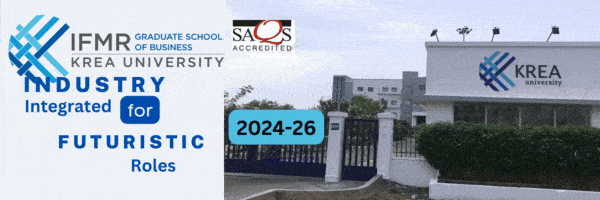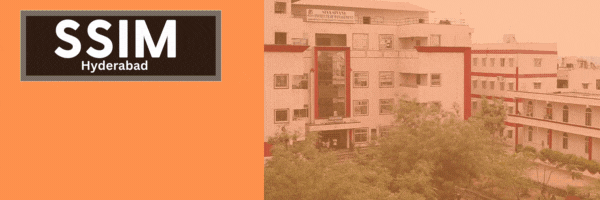Changes and disruption are taking place across the globe and leaving a significant impact on various management functions of the businesses as well as on the engagements between countries and organisations across boundaries.
According to experts, impacts of not just of COVID 19 pandemic but other global phenomena in recent times which includes – Brexit, US-China trade war, growth of mega-regionalism and complex networks created through the global value chains (GVCs) and the disruptions therein, among others, are redefining strategic orientation of business.
To determine the way forward for business in India and across the globe, FORE School of Management, New Delhi invited research papers from scholars across the world to analyse “Future of Business in the New Global Realities”.
“In this era of huge supply chain and value chain disruption, ‘mega-regionalism’ is perhaps the need for revival of globalisation of manufacturing and job market”, said. Dr. Faisal Ahmed, subject matter expert and faculty in International Business Area, and convener of the FORE International Business conference. With reference to ‘geopolitical isostasy’ and the changing scenario of the world’s business topography, he spoke about the climate change happening globally and said, “Managerial decision making should factor in the climate changes taking place all around the world.”
Distinguished panelists with 100+ delegates from across the globe logged in early winter morning to deliberate, present papers and listen to what experts had to say. Among the attendees also present were, His excellency, Dr. Alexander L. Rybas, Trade Commissioner of the Russian Federation to India, New Delhi; Former State Secretary – Deputy Chairman of Federal Environmental, Industrial and Nuclear Supervision Service (Rostechnadzor), who spoke about Russian-Indian bilateral trade and economic relationship between the two countries.
Citing several Indo-Russian projects, Dr. Rybas talked about a free trade zone between Eurasian economic union and India, and plans on increasing the bilateral trade to 30 billion dollars by 2025 and mutual investment of upto 50 million dollars.
Dr. Jitendra Das, Director, FORE School of Management, spoke about the changing Geo-political scenario of the recent past affecting the bilateral or multilateral business. Speaking about the ban of certain business in India and US which impacts trade relations between countries, he said ‘Cost Parity’ is often seen as the reason for this. “A democratic country will have more cost transparency than a non democratic country”, he said. Citing the case of well known Canadian company ‘Nortel’ going bankrupt due to aggressive pricing structures of ‘Huawei’, Dr. Das, explained how cost advantage can adversely impact business and trade relations between two countries.
Dr. Vinayshil Gautam, Vice Chairman at FORE School highlighted the importance of health and technology sectors in the current situation and the investment opportunity associated with BIMSTEC.
Dr. Arpita Mukherjee, Professor, Indian Council for Research on International Economic Relations (ICRIER), New Delhi, shared her thoughts on how the time has come for the fourth generation of industry revolution to happen and how the whole world is facing challenges in the supply chain. Huge opportunity lies ahead for India in sectors like fintech, edtech, IT and technology, she added.
Sharing similar thoughts, Dr. B . L Madhukar Chairman, FORE School of Management, Director General, BRICS Chamber of Commerce and Industry, New Delhi, said how India is yet to utilise it’s huge potential and young workforce. Wishing the conference a grand success, he thanked the scholarly gathering for their participation in such huge numbers.




